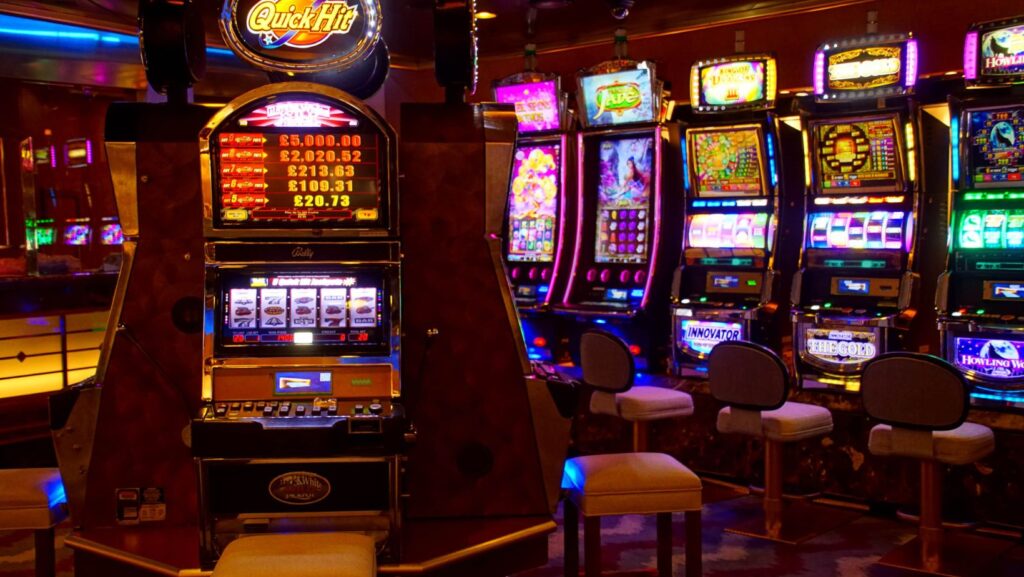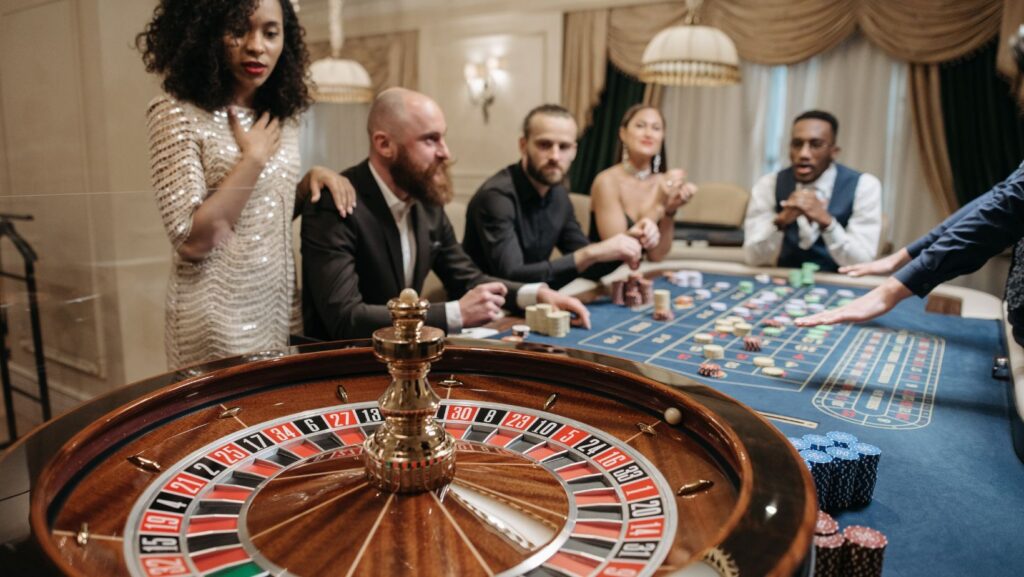Casino games are made to keep players coming back. They do this using something called “variable reward schedules.” This idea comes from behavioral psychology. It helps explain why casino games and sports betting are so addictive; it’s probably why you keep searching for Europa league tips. It also explains why players feel the need to try one more time. But what are these schedules? And why do they matter?
What Are Variable Reward Schedules?
Casino games often use unpredictability to keep players engaged. Variable reward schedules give rewards at random times, not in a set pattern. A player might win after a few rounds, but it’s never predictable. This uncertainty makes players want to keep playing.
This randomness has a psychological effect. Players feel motivated to keep going, even if they don’t win right away. They believe the next spin, card, or roll could be the big win.
1. The Role of Reward Schedules in Behavior
Behavioral psychology explains how people react to rewards. One important idea is the “reinforcement schedule.” This shows how often a behavior gets a reward. The strongest kind of reward schedule is the “variable ratio schedule.” This means rewards happen after an unpredictable number of actions. It’s like a slot machine: you don’t know if the next spin will win, but you keep spinning because you’ve won before, and the next one might be big.
Variable rewards work because they affect the brain’s reward system. When you get a reward, the brain releases dopamine. This chemical makes you feel good and motivated. But when rewards are unpredictable, the brain gets even more focused. The uncertainty makes you crave the next reward. This keeps players excited and invested in the game.
2. Why Do Casino Games Use Variable Reward Schedules?
Casino games are made to keep players playing as long as possible. One way they do this is by using variable reward schedules. In games like slot machines, players don’t win every time. But they hope the next spin will be the one that gives them a big payout. This mix of uncertainty and occasional wins keeps players going.
The unpredictability of winning is linked to something called the “near-miss” effect. This happens when a player gets close to winning but doesn’t quite succeed. Even though they didn’t win, their brain thinks the win is close. This makes them keep playing, thinking the next time will be different.
3. How Casino Game Designers Use This Knowledge
Casino game designers know that variable reward schedules keep players interested. One example is slot machines. These machines use a variable ratio schedule. This means you can’t predict when the jackpot will hit.
In video poker and other table games, the rewards are not the same every time. Players get small wins more often, but big wins are rare. This keeps players playing because they think the next big win is coming.
The trick is finding the right balance between how often players win and how much they win. If players win too often, the excitement fades. If they don’t win enough, they may get frustrated and leave. The unpredictability is what keeps them hooked.
The Connection Between Slot Machines and Variable Rewards
Slot machines are a great example of variable reward schedules. The RNG controls when a player wins or loses. But the timing is always random. This creates suspense.
Winning a jackpot might seem unlikely. But the rewards, even if rare, are big enough to make players feel close to a win.

These near-misses happen when the symbols almost match. This makes players think a win is just about to happen. The mix of uncertainty and big payouts keeps players spinning. This unpredictable reward system is what makes slot machines so exciting and popular.
How Variable Rewards Affect Online Casino Games
In online casinos, variable rewards work just like in physical ones. Games like slots and table games use random number generators to decide payouts.
Game designers use bonus rounds, free spins, and surprise multipliers to make rewards even more uncertain. These features give players small wins while keeping bigger, unexpected rewards in play. Mobile games make these surprises even easier to access, so players can play anytime. Just like in real casinos, this unpredictability keeps players engaged and excited, making them play longer.
Behavioral Triggers in Video Poker
Video poker games are in many casinos, both in-person and online. They use a system where payouts are random. Players often win small amounts, but big wins are rare. This mix of small and big payouts keeps players hooked.
When playing, a player holds certain cards, hoping to complete a winning hand. Even if they don’t win big, they believe the next hand might be the one. Players keep playing because they think a big win is coming soon.
These are the key behavioral triggers in video poker:
- Frequent Small Wins: Players get small payouts often. This makes them want to keep playing.
- Rare Large Wins: Big wins, like a royal flush, happen less often. This makes players excited and hopeful.
- Anticipation: Players hold certain cards. They believe the next hand will make a winning combination.
- Near-Miss Effect: Almost winning makes players want to try again. They think the next hand could be a win.
- Unpredictability: The payouts are random. This creates suspense and keeps players playing longer.
- Progression of Wins: Each hand feels like it could lead to a bigger payout. This keeps players hopeful.
- Emotional Investment: Players get emotionally attached to the game. They feel more connected to the results.
The Near-Miss Phenomenon in Casino Games
A near-miss happens when a player almost wins but doesn’t. A slot machine might show two matching symbols, but the third symbol is just off. The player doesn’t win, but this near-miss makes them want to keep playing.
Psychologists think near-misses are strong because they feel like “almost winning.” The brain sees it as a sign that a win is close. This makes the player want to try again. Near-misses are a key part of variable reward schedules.
The Role of Sound and Visual Effects in Reward Systems
Casinos and game designers know that sound and visuals make games more exciting. When a player wins, the machine lights up with sounds and music. Even small wins feel bigger because of this.
These lights and sounds make players feel more excited. It encourages them to keep playing. When players win, the lights and sounds make them feel even more thrilled. If they don’t win, the game uses sound to keep them on edge. The mix of sounds, lights, and unpredictable rewards makes the game more fun and engaging.
The Impact on Players
Variable reward schedules have a big impact on players. They create a mix of excitement and tension, making the games thrilling. When players win, they feel happy and excited. This boosts their desire to keep playing. But when they don’t win, they feel anxious. They believe the next win is close, so they keep playing, even if they’ve spent a lot of time or money.

The constant desire for the next win gets stronger. They get emotionally involved with each spin, hand, or roll. Game designers use this to keep players engaged.
Link to Classical Conditioning
Variable reward schedules are connected to classical conditioning. This idea comes from psychologist Ivan Pavlov. In classical conditioning, a stimulus, like the sound of a slot machine, triggers a response, like expecting a reward. Over time, players start to link the sounds, lights, and actions of the game with the excitement of winning.
These sensory cues make players excited. Even if they don’t end up winning, the lights, sounds, and vibrations keep them engaged. They feel the same emotions as if they had won.



